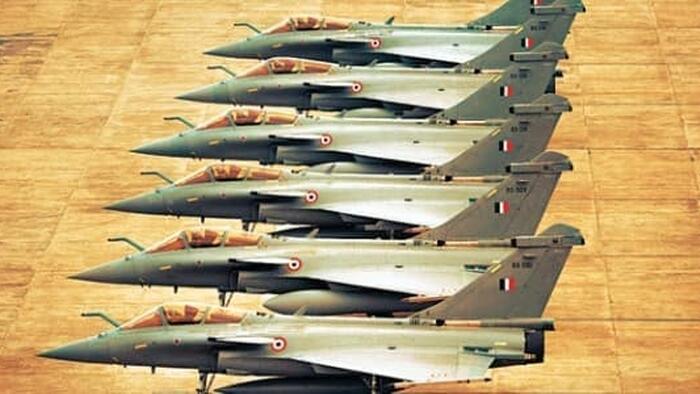The Big Picture
A war between India and Pakistan wouldn’t just affect those two countries. It could ripple across Central Asia (Kazakhstan, Uzbekistan, Turkmenistan, Kyrgyzstan, Tajikistan), causing economic chaos, security risks, and even nuclear dangers. Here’s how:
Key Risks to Central Asia
- Trade and Economy
- Disrupted Routes: Major projects like:
- CPEC: A China-Pakistan trade corridor ($65 billion project) could stall, hurting China’s plans to move goods through Pakistan.
- TAPI Pipeline: A natural gas pipeline from Turkmenistan to India (via Afghanistan and Pakistan) might be delayed, cutting energy supplies.
- Economic Slowdown: Central Asia’s growing trade with China ($89 billion in 2023) and India (uranium imports) could freeze.
- Disrupted Routes: Major projects like:
- Security Threats
- Terrorism Spread: Groups like ISIS-Khorasan (ISIS-K) or the Pakistani Taliban (TTP) could gain power in Afghanistan, spilling violence into neighboring Tajikistan or Uzbekistan.
- Refugee Crisis: War could force millions to flee Afghanistan or Pakistan into Central Asia, straining resources.
- Nuclear Danger
- Both India and Pakistan have nuclear weapons. Even a small nuclear conflict could:
- Poison farmland in Central Asia (a region where farming employs 25% of workers).
- Cause global climate issues, hurting crop yields.
- Both India and Pakistan have nuclear weapons. Even a small nuclear conflict could:
- Big Powers Jump In
- China: Might send more money or troops to protect its projects (like CPEC) and counter India.
- Russia: Could boost military support to Central Asia to keep its influence, despite being busy in Ukraine.
- U.S.: Might try to counter China and Russia by offering aid to countries like Kazakhstan.
Country-by-Country Impact
- Tajikistan: Vulnerable to Afghan militants and refugees. Its India-funded airbase could anger Pakistan.
- Uzbekistan: Might lean on Russia/China for stability. Its booming economy (5.9% growth) could slow.
- Kazakhstan: A regional leader, but energy exports (like oil) could drop if trade routes close.
- Turkmenistan: Relies on China buying its natural gas. War might speed up deals.
- Kyrgyzstan: Poor and unstable, it could fall deeper into debt to China or Russia.
Long-Term Consequences
- Divided Region: Central Asia might split into camps: some pro-China, others pro-Russia/West.
- Less Cooperation: Groups like the SCO (a security bloc including China, Russia, India) could break down.
- Money for Guns, Not Schools: Governments might spend more on armies, ignoring jobs and education for their young populations.
Why It Matters for the World
Central Asia is a crossroads for trade (think Silk Road 2.0). A war here could:
- Disrupt global energy supplies (oil, gas).
- Create safe havens for terrorists.
- Trigger a refugee crisis affecting Europe and Asia.
Bottom Line
Central Asia’s future depends on peace between India and Pakistan. If war breaks out, the region’s dreams of growth—through trade, tech, and tourism—could collapse overnight. The world’s big powers need to avoid turning this tension into a proxy war, or everyone loses.
Think of it like a domino effect: One conflict knocks down stability, trade, and safety for millions.
